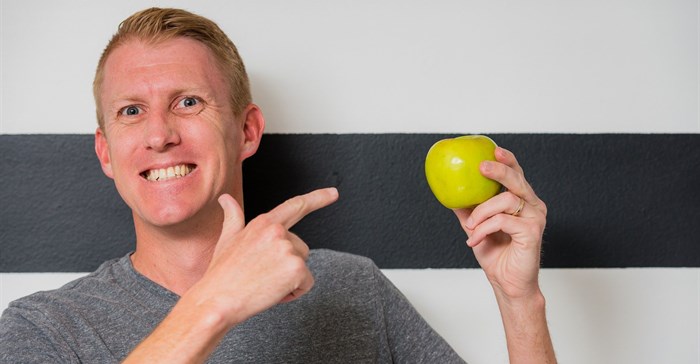#BizTrends2018: The rise (and rise) of influencers and specialists

I see two major trends effecting communications, both of which have been picking up momentum, and both of which offer great potential for communications firms to offer more strategic value to their clients.
The first of these is the continued emphasis on influencer marketing.
Influencer marketing
It’s no secret that traditional media has for some time been taking social media’s punch on the chin. Consumers are increasingly connected, distracted and in motion. They expect brand interactions to be instant, relevant and succinct.
Social media allows them to choose how they consume news and brand messaging, and to choose who they want to receive this information from. But, consumers overwhelmingly choose to follow celebrities and personalities over respected journalists and this creates massive potential for fake news to be readily accepted and quickly shared.
Result: a marked loss of trust in, and respect for, media.
The net effect of this trend, and one that communication professionals need to be cognisant of, is the still-growing importance of influencer marketing. Word of mouth has always been the strongest form of endorsement. It follows that trusted influencers are the online equivalent of high-value editorial endorsement. A communications firm that is fluent in the voices of the brands that it represents, will identify key influencers and work with them to deliver authentic, quality content to the right segment, in the right style, at the right time.
A clever influencer marketing campaign can be strategically executed across the lines that separate social from traditional media and this talks to a viewpoint I want to dispel: social media is not, and will not, replace PR.
Innovative social media platforms and tools are changing how consumers view media and how communications practitioners approach media. But, while social media channels reach some audience segments very effectively, they need to be worked into a cohesive, over-arching strategy that includes traditional channels to reach all the segments that brands need to talk to.
A stand-alone social media campaign simply doesn’t have the reach or the integrity that brands need to communicate effectively, consistently and credibly with everyone in their audience.
The rise of specialists
In 2018, I also see communications firms partnering more with specialists that focus on one aspect of the communications mix only and can be contracted in as circumstances demand.
Dedicated social media agencies have been around for a while already. Some agencies solely generate content. Some consultants only do crisis work. Others work exclusively in the technology space.
At ByDesign Communications certainly, not all our clients need these skills all the time, so not keeping them on our payroll helps keep our overheads down and our team focused on doing what we do best. But in times when there is a short-term need for in-depth analytics expertise, for example, we’re able to bring specialists on board at short notice, cost-effectively, with minimal disruption, for maximum effect.
Communications practitioners are more and more an extension of their clients’ teams, so managing ‘experts’ as part of their larger offering is going to become more commonplace.




























